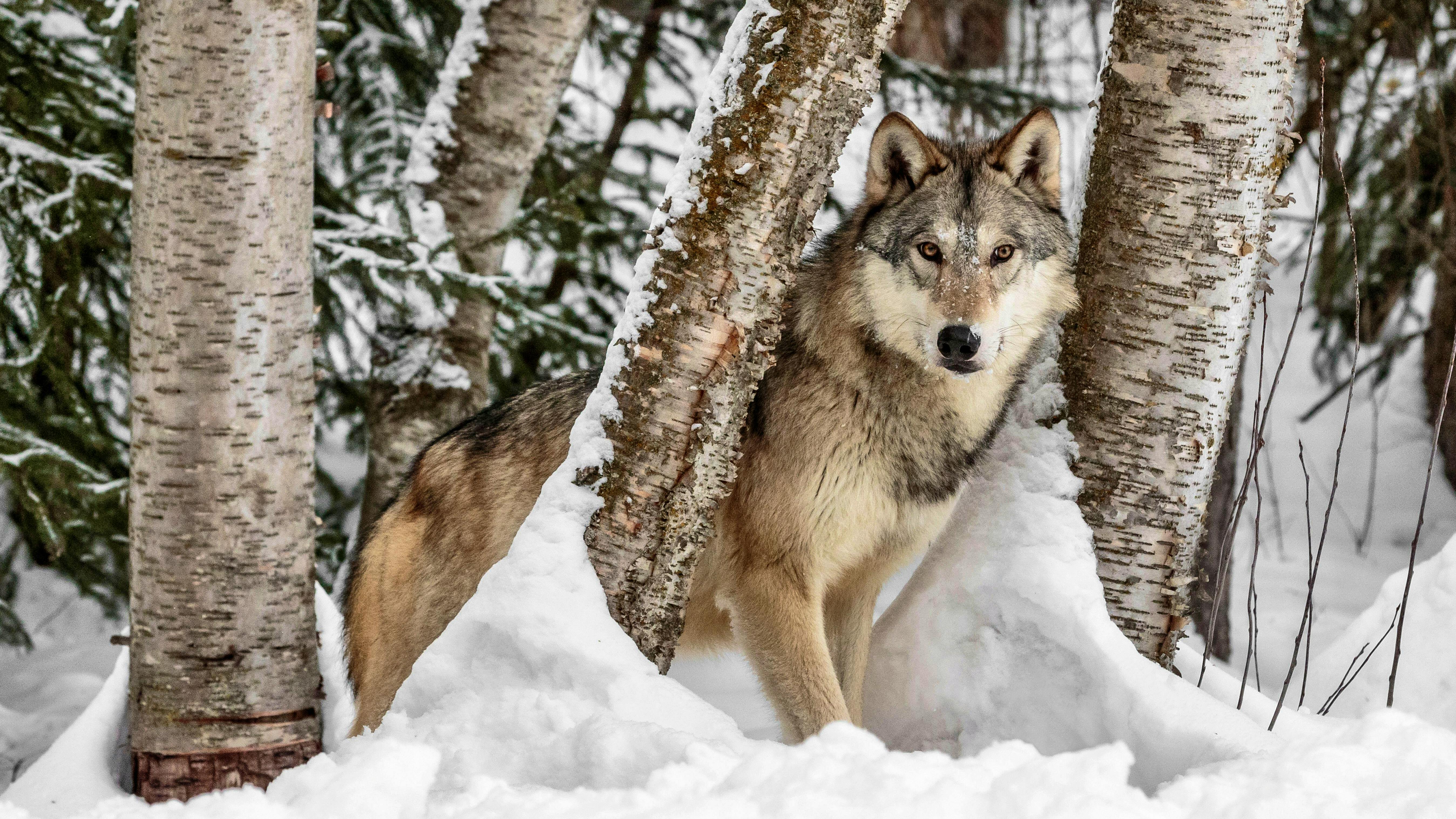Hearing on Oregon wolf bills – Defenders wolf expert Suzanne Stone testified in Salem, Oregon this week during a good round of political theater as the state’s Natural Resources Committee considered five bills that would affect the management of gray wolves. Two of these would establish a statewide compensation program to reimburse ranchers  for livestock lost to wolves, the other three would roll back recovery efforts outlined in Oregon’s comprehensive wolf plan threatening the already endangered two dozen wolves in the state. East Oregon ranchers took the opportunity to regale the committee with sensational stories of gruesome attacks on their livestock, even though such incidents continue to be very rare. Fortunately, the Oregonian came through with a great editorial and an important reality check yesterday:
for livestock lost to wolves, the other three would roll back recovery efforts outlined in Oregon’s comprehensive wolf plan threatening the already endangered two dozen wolves in the state. East Oregon ranchers took the opportunity to regale the committee with sensational stories of gruesome attacks on their livestock, even though such incidents continue to be very rare. Fortunately, the Oregonian came through with a great editorial and an important reality check yesterday:
“What isn’t constructive, however, is the pursuit of legislation that exaggerates the threat of returning wolves and ignores both the will of the majority of Oregonians and the public process that has led to the state plan. Bills that would authorize killing wolves, stripping them of endangered species protections or cutting the population objective to four breeding pairs are flat-out incompatible with that plan.”
Read more about the hearing from the Oregonian and OPB’s Ecotrope blog.
Montana wolf hunt proposal – The U.S. Fish and Wildlife Service released a plan on Monday that would allow Montanans to participate in a controlled wolf hunt in the West Fork of the Bitterroot. The proposal could result in the killing of 18 wolves in order to boost elk populations in the region that have been on the decline in order to increase elk harvest for hunters. While Defenders experts are still reviewing the proposal, there has been little evidence to suggest that a declining elk herd qualifies as a “biological emergency” that would warrant the killing of wolves, especially while they are still protected under the Endangered Species Act. Read more in the Missoulian.
Good wolf letters – Wolf supporters in Idaho and Oregon kept up the pressure this week by asking their state leaders to take a more measured approach to wolf management.
Wolves can encourage a thriving tourist trade
It is economically, environmentally and ethically a poor decision to begin killing Idaho wolves. Published studies show more economic prosperity in Western counties with wolves and large predators than counties without — for the simple reason that tourists spend more money than hunters. I know many disgruntled hunting guides in Montana who are making a better living guiding tourists to photograph wolves than guiding hunters to kill their prey. Environmentally, published studies show that wolves stabilize entire ecosystems — from improving the health of aspen stands to increasing the diversity of birds. I personally witnessed this during 10 years of research on the ecological effects of wolves in Yellowstone. Their presence could keep “Idaho Green.”
Lastly, we need to question whether it is within our rights to decide on the life of a living thing, especially for the economic reasons given for the killing of wolves. It is not too absurd to propose that wolves may have intrinsic rights to life, for there was a time when it was absurd to think that rights extended beyond race, gender and privilege. Albert Einstein said we must continually expand our sphere of understanding and care and the rights that naturally follow.
MARK LUNG, Boise
A recent letter to the editor claims that those of us who live in the northeast corner of the state don’t want wolves here, that we’d like to relocate them to Forest Park. Rest assured, many of us who live in northeastern Oregon are perfectly comfortable learning to live with wolves.
There are 23 known wolves in Oregon, hardly a threat to the cattle industry, and Defenders of Wildlife has been compensating ranchers for the 40 confirmed livestock kills that have occurred since 2009, hardly a slaughter.
Please don’t be impressed by the claims of reduced deer and elk populations. The carcasses of deer and elk killed by motor vehicles litter the roads and ditches year-round, but no one suggests relocating our beloved cars and pickups to Portland.
The journals of Lewis and Clark attest to the fact that wolves, elk, deer and men coexisted successfully for millennia before the arrival of Europeans. In the 200 years since Lewis and Clark visited, we’ve wiped the wolf out of Oregon and just about exterminated elk, as well. They had to be reintroduced into Oregon because European immigrants destroyed the native stock.
Now, if we want to do something useful, we should kill out the wild turkeys that the Oregon Department of Fish and Wildlife planted here. Unlike wolves, turkeys are not native to this state; they reproduce very rapidly; have no natural native predators; are just about inedible; eat anything that grows in garden, lawn or field; and leave their droppings on decks and patios.
MARTIN J. BIRNBAUM
Summerville





Follow Defenders of Wildlife
facebook twitter instagram youtube tiktok threads